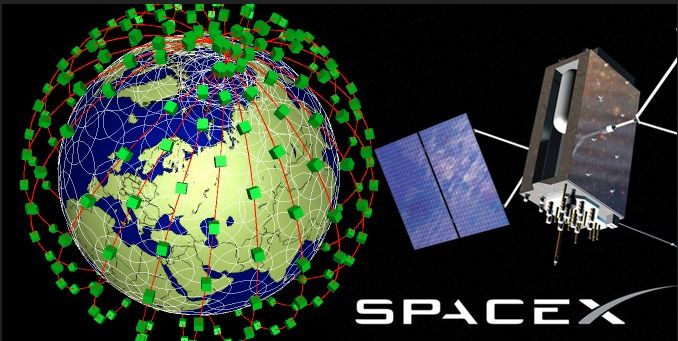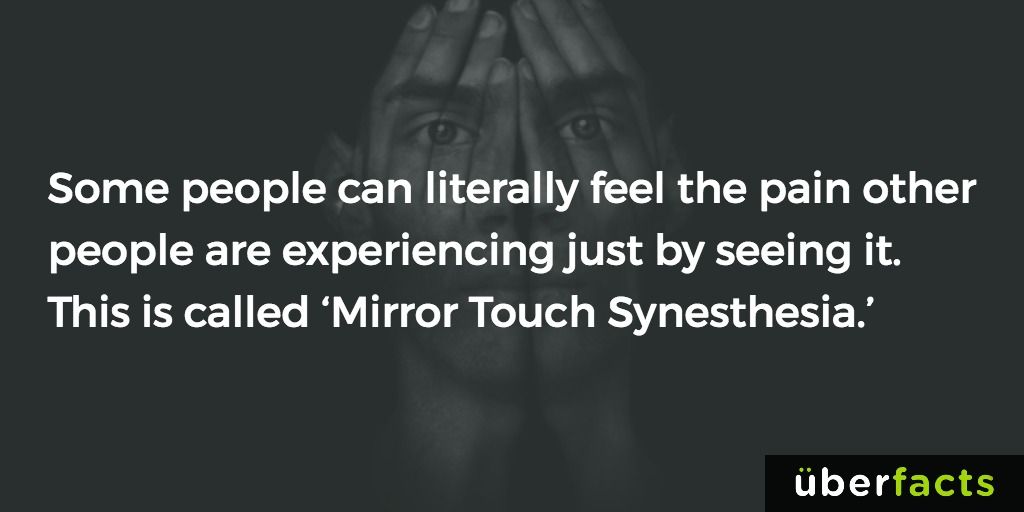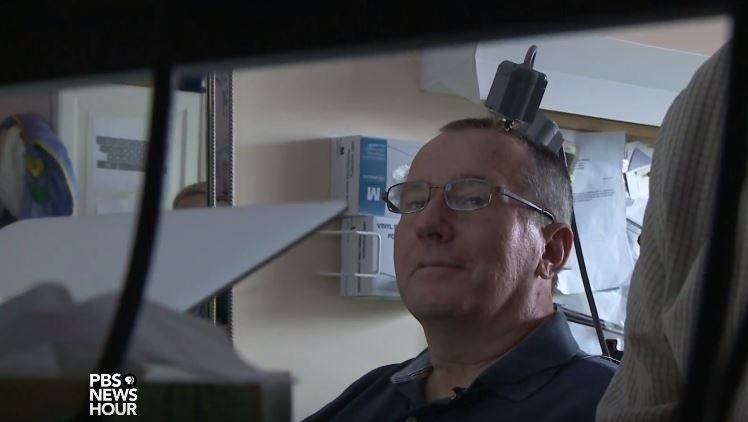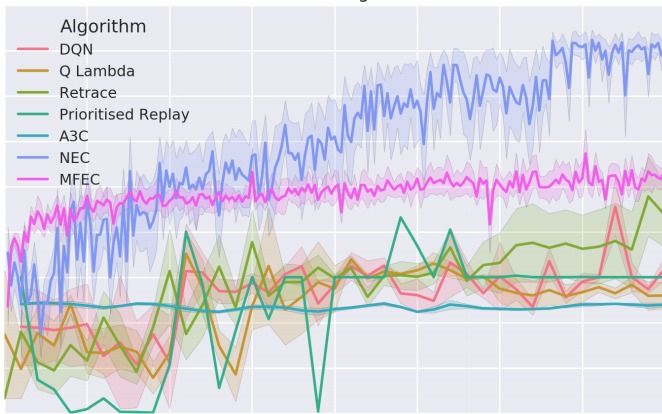Page 10171
Mar 20, 2017
These new electronic glasses allow the legally blind to see
Posted by Roman Mednitzer in categories: biotech/medical, electronics

Toronto-based eSight Corp. has launched a pair of electronic glasses that allow the legally blind to see. The eSight3 glasses use high-tech image processing to give those who are legally blind the chance to experience what it is like to have 20/20 vision.
Users can control a variety of functions that are important for vision, including magnification, contrast, brightness and focus. Videos projected onto two OLED screens in front of the eyes allow the user to see the different functions in action.
Continue reading “These new electronic glasses allow the legally blind to see” »
Mar 20, 2017
Killing ‘zombie’ cells to improve health in old age
Posted by Steve Hill in categories: biotech/medical, life extension
A popular science article discussing the imminent arrival of senescent cell removing therapies.
Imagine a world where you could take just a single pill for the treatment or prevention of several age-related diseases. Although still in the realms of science fiction, accumulating scientific data now suggests that despite their biological differences a variety of these diseases share a common cause: senescent cells. This has led scientists to find drugs that can destroy these cells.
When cells become damaged, they either self-destruct (apoptosis) or they lose their ability to grow and remain stuck within the body. These are the non-growing senescent cells that no longer carry out their tasks properly. They spew out chemicals that cause damage to cells nearby, sometimes turning them into “zombies” – hence why they are sometimes referred to as “zombie cells”. Eventually, the damage builds up so much that the function of bodily organs and tissues, such as skin and muscle, becomes impaired. At this point, we identify the changes as disease.
Continue reading “Killing ‘zombie’ cells to improve health in old age” »
Mar 20, 2017
SpaceX plans global ‘space internet’ | KurzweilAI
Posted by Odette Bohr Dienel in categories: Elon Musk, internet, space
“SpaceX has applied to the FCC to launch 11,943 satellites into low-Earth orbit, providing “ubiquitous high-bandwidth (up to 1Gbps per user, once fully deployed) broadband services for consumers and businesses in the U.S. and globally,” according to FCC applications.”
Mar 20, 2017
The World’s First Personal Robot
Posted by Klaus Baldauf in categories: habitats, media & arts, robotics/AI

https://youtube.com/watch?v=YwPUcG3eiFc
TechCrunch: “You’ll soon be coming home and a robot will greet you at the door.”
VentureBeat: “Read to kids, host video chats, take pictures, recognize faces and objects, connect to smart home devices, and secure the home by roaming around and video taping everything.”
Mar 19, 2017
The terrifying DNA discoveries that are making science-fiction fact
Posted by Dan Kummer in categories: biotech/medical, genetics, transhumanism
Imagine a world where parents can give birth to superbabies with bones so strong they’re impervious to a surgical drill and a heart less prone to failure. A world where a child has DNA from three parents, not two. A world where it’s possible for a woman to have her favorite movie star’s child simply by collecting a few of his skin cells. Genetic technology is making it all a reality, horrifying some and heartening others.
Reproductive advances are arriving so rapidly, we’ve already entered the realm of science-fiction and are on the verge of making truly astounding leaps.
For more, look to the new book “The Gene Machine: How Genetic Technologies Are Changing the Way We Have Kids — and the Kids We Have” by Bonnie Rochman.
Continue reading “The terrifying DNA discoveries that are making science-fiction fact” »
Mar 19, 2017
Typing sentences by simply thinking is possible with new technology
Posted by Shailesh Prasad in categories: biotech/medical, computing, neuroscience
JUDY WOODRUFF: For decades, researchers have worked to create a better and more direct connection between a human brain and a computer to improve the lives of people who are paralyzed or have severe limb weakness from diseases like ALS.
Those advances have been notable, but now the work is yielding groundbreaking results.
Special correspondent Cat Wise has the story.
Continue reading “Typing sentences by simply thinking is possible with new technology” »
Mar 19, 2017
Study tips
Posted by Shailesh Prasad in categories: biotech/medical, education, government
Mar 19, 2017
Google DeepMind has built an AI machine that could learn as quickly as humans before long
Posted by Simon Waslander in categories: entertainment, robotics/AI
How deepmind’s memory trick helps AI learn faster.
While AI systems can match many human capabilities, they take 10 times longer to learn. Now, by copying the way the brain works, Google DeepMind has built a machine that is closing the gap. “Our experiments show that neural episodic control requires an order of magnitude fewer interactions with the environment,” they say.
Intelligent machines have humans in their sights. Deep-learning machines already have superhuman skills when it comes to tasks such as face recognition, video-game playing, and even the ancient Chinese game of Go. So it’s easy to think that humans are already outgunned.















